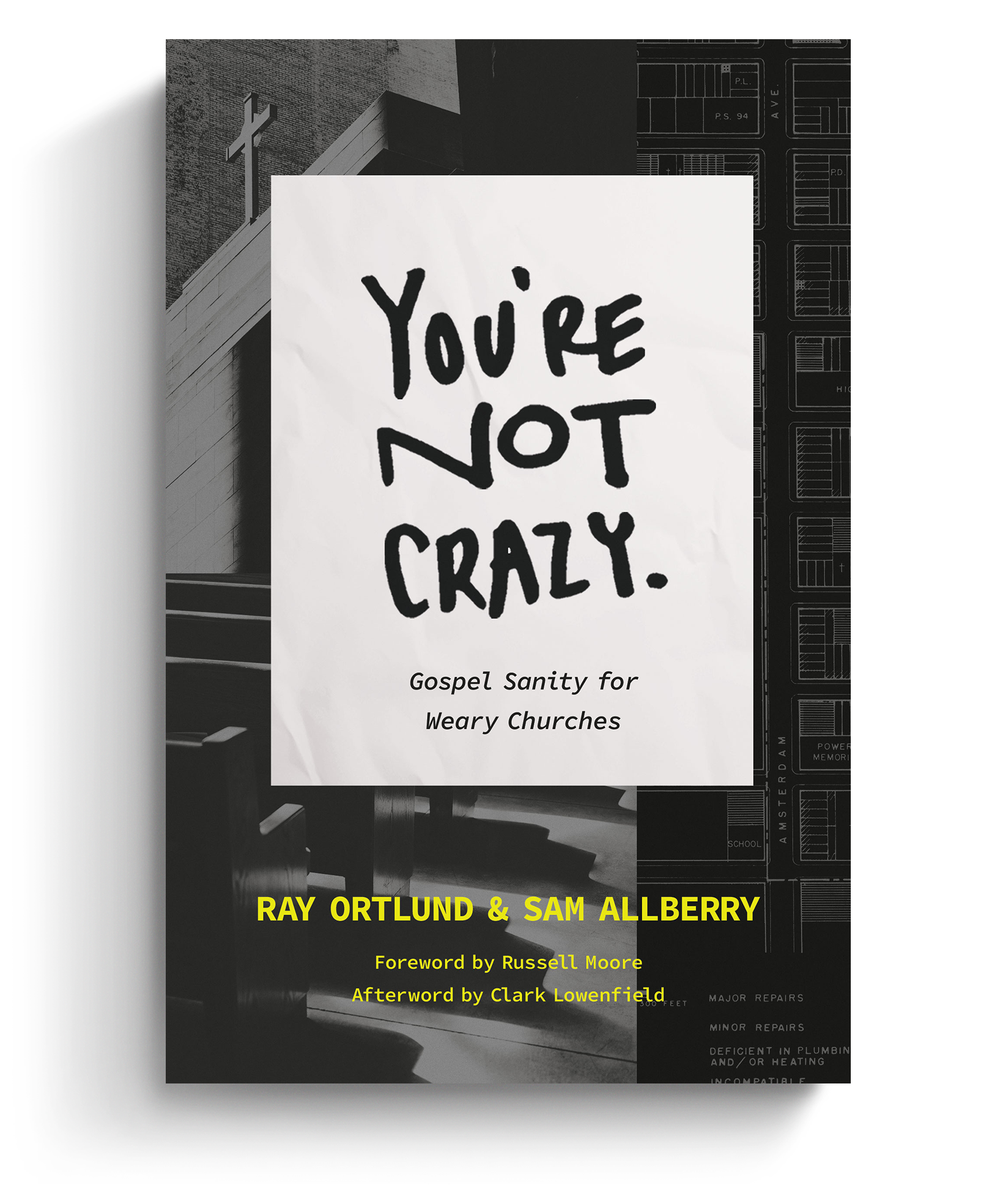It’s no secret: pastors like books. We read them, we quote them, we give them away. After all, the foundation for our entire ministry is the written Word of God himself. Take away that book and we have no ministry.
But what about the writing of books? How should pastors think about putting words on paper for publication? Tim Keller, senior pastor of Redeemer Presbyterian Church in New York City and TGC vice president, has written several books, almost all of them published in the last several years.
How does he do it? And how would Keller counsel other pastors to write? I corresponded with Keller on these questions and others.
Should a pastor write? Is writing a valid part of pastoral ministry, or does it distract us from the people we’re called to care for?
Pastors can write as a valid part of pastoral ministry. It is part of the ministry of the Word. The ministry of the Word does not mean only the spoken word. But when they should write is the question.
I don’t think ministers should produce much in the way of book-length writing in the first half or even two-thirds of their ministry. Why?
1. Because they are still growing in their wisdom and understanding of the Word, and they are likely to change their mind on some things.
2. Because (yes) it will distract them from the two main ways they can grow into wise and skillful ministers with something to say. Those two things are regular preaching/teaching and a lot of pastoral involvement.
3. I think younger ministers should earn their credibility through building up some fruitful and effective ministries. That takes literally all one’s time for a long time. They should not divert valuable time for ministry to writing. I know that if a young minister sees his church grow rapidly he will be bombarded with offers to write books, but even if his church grows to thousands of people by the time he is in his early 30s, he is still not really time-tested, nor does he yet have the insights and knowledge of the Bible he will have later.
4. If you wait to write until you are older, the writing will go much faster, because you will have reams of material and many layers of thought about a lot of subjects and texts. Writing a book in your 50s will go twice as fast and be twice as good as if you try the same book in your 30s. It’s just good stewardship to wait.
A young pastor comes to you wanting to be a published writer like you are. What advice do you give him? How should a pastor evaluate and pursue a call to write?
I do get approached often on this subject. And I say this: write essays and chapters, not books yet. Hone your craft through short pieces and occasional writing. But don’t tackle books yet. Writing a whole book takes an enormous amount of energy and time, especially the first one(s). But as a younger man you aren’t being fair to your family or your church if you are giving the book the time it warrants. And you aren’t being fair to the reading public if you don’t. This way you can prepare for writing your first book later.
Writing for publication brings a measure of national attention. How does a published pastor resist temptations to pride and cultivate humility?
It can be a challenge—but the very same prayer life that guards against discouragement also guards against pride. The way to be ready for success is to have dealt with discouragement through a deep rich life of prayer, routine mortification of sin, and joy-filled meditation of the glory of Christ and his salvation. The gospel guards you against the ups as well as the downs.
What caused you to pursue writing as a part of your ministry?
Many people urged me to write. I’m not a good writer—I’m a much better oral communicator. But I got constant requests from people in my church to put some of my material into writing. So finally I did. I never had the itch to write.
In his book Excellence: The Character of God and the Pursuit of Scholarly Virtue, Andreas Köstenberger says, “Writing never just happens. If you are called to write, you must actively plan for it and doggedly persevere in it.” Take us into your writing routine. How do you actively plan for and doggedly persevere in the writing task?
That description sounds a bit breathless, but it does take planning and time. I do a lot of reading in preparation for writing a book—I especially like to read heavily on vacations until I come up with an outline in my head. And then I work in the time to write wherever I can. This is vastly simpler now that my children are grown and out of the house. That is another reason to put off writing books until you are older.
Are there any practices or disciplines that have helped you develop skill as a writer?
Reading. That is far and away the most important discipline. You must read widely in general for years before you become capable of recognizing good writing. And then before you write a book on a subject, you should read 20 or 30 good books on the subject carefully and skim another 20 or 30. If you just read three or four (and refer to another three or four), your book will be largely a rehash and will offer few fresh insights.
Are You a Frustrated, Weary Pastor?
 Being a pastor is hard. Whether it’s relational difficulties in the congregation, growing opposition toward the church as an institution, or just the struggle to continue in ministry with joy and faithfulness, the pressure on leaders can be truly overwhelming. It’s no surprise pastors are burned out, tempted to give up, or thinking they’re going crazy.
Being a pastor is hard. Whether it’s relational difficulties in the congregation, growing opposition toward the church as an institution, or just the struggle to continue in ministry with joy and faithfulness, the pressure on leaders can be truly overwhelming. It’s no surprise pastors are burned out, tempted to give up, or thinking they’re going crazy.
In ‘You’re Not Crazy: Gospel Sanity for Weary Churches,’ seasoned pastors Ray Ortlund and Sam Allberry help weary leaders renew their love for ministry by equipping them to build a gospel-centered culture into every aspect of their churches.
We’re delighted to offer this ebook to you for FREE today. Click on this link to get instant access to a resource that will help you cultivate a healthier gospel culture in your church and in yourself.































